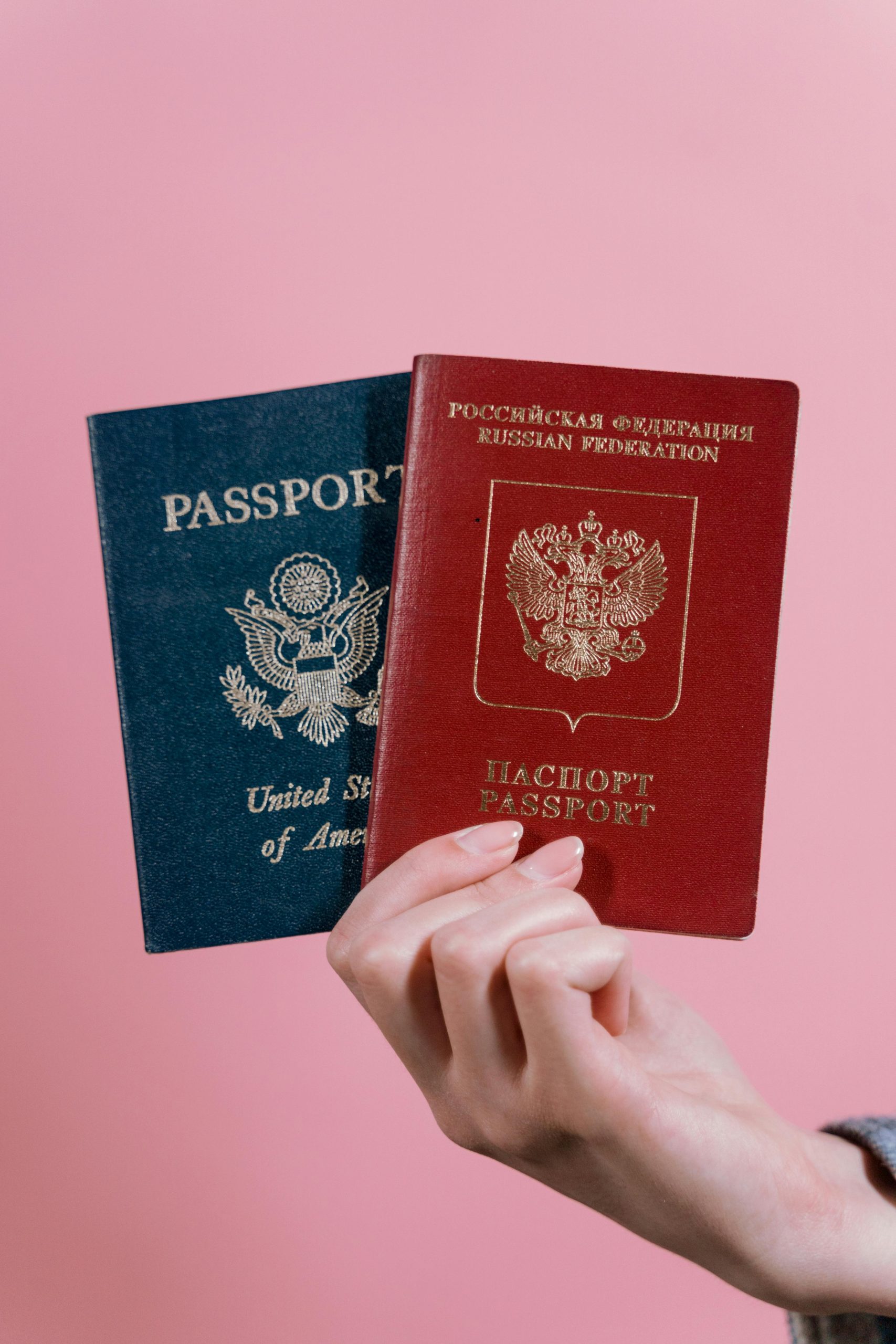Losing your passport or important travel documents while abroad can be a traveler’s worst nightmare. The panic of being stranded in a foreign country without proper identification is enough to ruin any trip. However, with the right preparation and quick action, you can minimize stress and resolve the situation efficiently. Whether you’re a seasoned globetrotter or a first-time traveler, knowing what to do in such a scenario is crucial. This guide provides essential tips to help you navigate the process of recovering lost documents and ensuring your travels continue as smoothly as possible.
1. Stay Calm and Retrace Your Steps
Panicking won’t help, so take a deep breath and think clearly. The first step is to retrace your movements and check all possible places where your passport or documents might have been misplaced. Look through your bags, hotel room, taxi, or any recent locations you visited. Sometimes, documents slip into unexpected corners or get mixed up with other belongings.
Where to Look
- Hotel safes or front desk (if you left it for safekeeping)
- Airplane seat pockets or overhead compartments
- Restaurants or cafes where you last used your wallet
- Public transportation or rental cars
If you still can’t find your passport, it’s time to move on to the next steps. Acting quickly is key to preventing identity theft or further complications.
2. Report the Loss Immediately
Once you’ve confirmed that your passport or documents are lost, report the incident to the local authorities and your country’s embassy or consulate. This step is critical for both security and replacement purposes.
Steps to Take
- File a Police Report: Visit the nearest police station to report the loss. A police report can help prevent identity fraud and may be required for insurance claims or obtaining a new passport.
- Contact Your Embassy or Consulate: Locate the nearest diplomatic mission of your country. They can guide you through the process of getting an emergency passport or travel document. Bring any identification you have left (e.g., photocopies, driver’s license) to verify your identity.
- Cancel Credit Cards: If your wallet was stolen, notify your bank or credit card company immediately to block unauthorized transactions.
Many embassies offer emergency services for lost passports, but processing times vary. Having a backup plan, such as digital copies of your documents, can expedite the process.
3. Gather Essential Documents for Replacement
Replacing a lost passport abroad requires specific documentation. Being prepared with backups can save you time and hassle.
What You’ll Need
- Proof of Identity: A driver’s license, national ID card, or photocopy of your lost passport.
- Proof of Citizenship: A birth certificate, photocopy of your passport’s bio page, or other citizenship documents.
- Passport Photos: Carry extra passport-sized photos or locate a photo booth near the embassy.
- Travel Itinerary: Flight details or hotel bookings to prove your travel plans.
- Police Report: If applicable, bring the report filed with local authorities.
Some embassies may also require a completed passport application form and fees. Check their website in advance for specific requirements.
4. Prevent Future Losses with Smart Travel Habits
While losing documents is stressful, adopting preventive measures can reduce the risk of it happening again.
Proactive Tips
- Make Copies: Before traveling, photocopy your passport, visa, and other critical documents. Store physical copies separately from the originals and keep digital copies in a secure cloud storage or email.
- Use a Money Belt or Hidden Pouch: Keep your passport and valuables close to your body, especially in crowded areas prone to pickpocketing.
- Limit Carrying Originals: Unless required, leave your passport in a hotel safe and carry a photocopy or digital version for ID purposes.
- Register with Your Embassy: Some countries offer traveler registration programs that can assist in emergencies.
By incorporating these habits into your travel routine, you’ll be better prepared for unexpected situations.
5. Navigate Travel Disruptions Smoothly
Losing your passport may disrupt your travel plans, but staying organized can help you manage the situation effectively.
Handling Flight Changes and Accommodations
- Inform Your Airline: If your passport is lost before a flight, contact the airline to discuss rebooking options. Some may allow changes with an emergency travel document.
- Extend Hotel Stays: If replacement takes longer than expected, arrange for additional nights at your accommodation.
- Seek Assistance from Travel Insurance: If you have travel insurance, check if it covers expenses related to lost documents, such as replacement fees or delayed travel costs.
Remaining flexible and resourceful will help you adapt to delays while waiting for your new passport.
Conclusion
Losing your passport or important documents abroad is undoubtedly stressful, but with a clear plan, you can overcome the challenge. Staying calm, reporting the loss promptly, and having backups ready will streamline the replacement process. By adopting preventive measures like carrying copies and using secure storage, you can reduce the risk of future mishaps. Remember, preparation is the key to handling travel emergencies with confidence. Safe travels!
